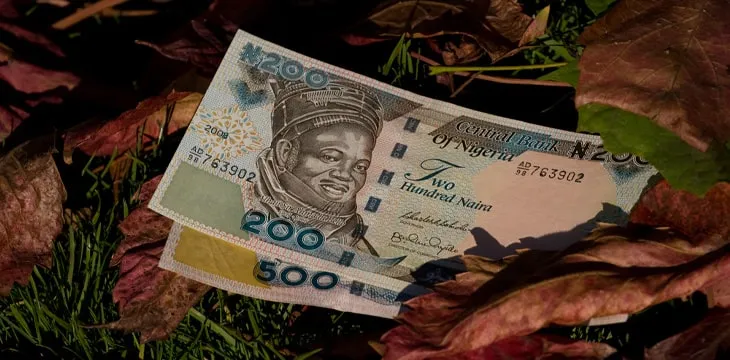|
Getting your Trinity Audio player ready...
|
A recent cash shortage in Nigeria has led to a spike in the usage of the country’s central bank digital currency (CBDC), the eNaira.
The Central Bank of Nigeria (CBN) embarked on a note replacement program, replacing the 200-, 500- and 1,000-naira notes. Conducted inefficiently, the program led to an acute shortage of cash that saw protests erupt across the West African nation. A petition by some governors saw the Supreme Court push the deadline for replacing the old notes to December, up from the February 10 deadline.
This cash shortage was a boon for the eNaira. Speaking to the media, CBN Governor Godwin Emefiele revealed eNaira transactions have surged by 63% to NGN22 billion ($47.7 million). The digital currency also boasts 13 million wallets now, a 12-fold increase from October 2022.
Emefiele further revealed that of the NGN10 billion minted by the central bank, NGN3.4 billion is already in circulation.
The governor said one of the key factors for the uptick in adoption, aside from the cash shortage, is the government’s decision to distribute aid to needy Nigerians under the welfare program through the digital currency. Nigerians created four million new wallets under this welfare program.
“The eNaira has emerged as the electronic payment channel of choice for financial inclusion and executing social interventions,” the governor said.
Despite the spike in transactions and value processed, the eNaira’s usage in the country is still low. Data shows that over $14 billion was transacted last year via digital payments in the country, miles higher than eNaira’s $48 million. In 2021, Nigerians conducted 3.7 billion real-time digital payment transactions, dwarfing the CBDC’s usage.
One of Nigeria’s biggest pitfalls has been the CBN’s omission of commercial banks and payment processors in the eNaira distribution process. In Europe, for instance, the European Central Bank (ECB) is working to integrate the banks to avoid disintermediation and to tap into their networks and customer base. The Bank of England, on its part, has revealed it would leave digital wallet development for the digital pound to the banks.
Nigeria’s CBN has gone at it alone, and with the central bank not well-versed in catering to a retail base, the digital currency is still struggling to attract users.
Nigeria is still largely dependent on cash payments, with 90% of transactions in the informal economy conducted through cash: this has presented yet another hurdle to the CBN’s digital naira push.
To learn more about central bank digital currencies and some of the design decisions that need to be considered when creating and launching it, read nChain’s CBDC playbook.
Watch: Blockchain in Africa

 07-12-2025
07-12-2025 





